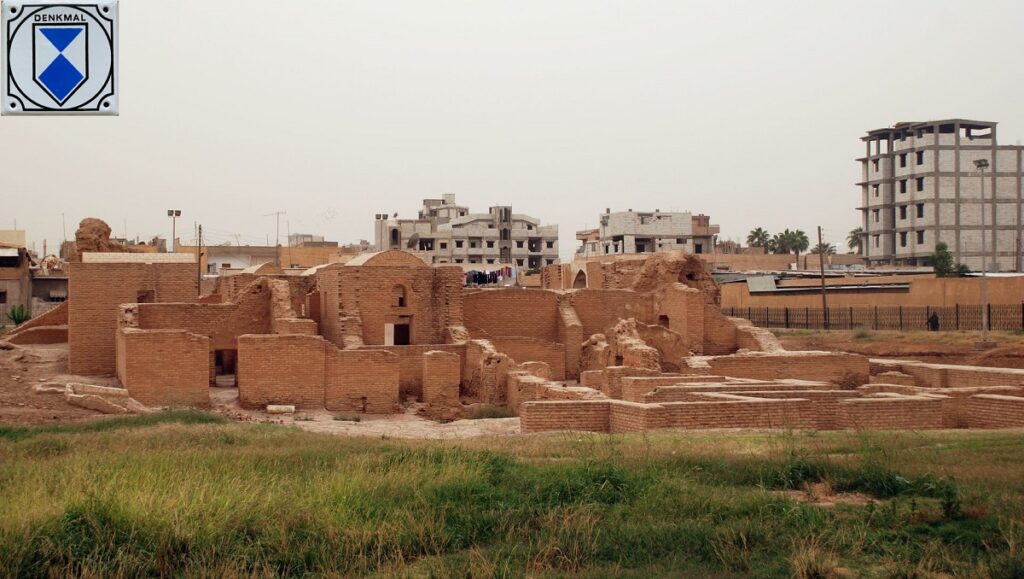Cultural property encompasses both tangible artifacts and intangible heritage that shapes societies. Historian Matthias Rogg is back in the studio, this time with Laurie Rush, an archaeologist and anthropologist working as a Department of the Army civilian at Fort Drum, NY. Laurie, who has extensive experience supporting the Army in cultural property protection missions, highlights the importance of preserving cultural heritage during conflicts. Their conversation turns to the need for increased awareness and training within the military on identifying and protecting cultural property. The discussion underscores the strategic significance of cultural property protection in warfare and its impact on post-war reconstruction efforts. This is the second in a two-part series exploring these complex issues.
For more information regarding cultural property and it’s protection please consider these additional resources:
The Monuments Men (2014) based on the bestseller by Robert M. Edsel The Monuments Men: Allied Heroes, Nazi Thieves and the Greatest Treasure Hunt in History
Charlie English’s bestseller The Book Smugglers of Timbuktu (2018) about the attempt to save Mali’s world-famous library.
Frederik Rosén, NATO and Cultural Property. A Hybrid Threat Perspective, PRISM Vol. 10, No. 3 (2023)
Civil-Military Cooperation Centre of Excellence, Factsheet: Cultural Property Protection (CCP). Concepts, Interoperability and Capability Branch (2020)
Everything I know about the importance of cultural property to mission failure and success, I’ve learned from a 10th Mountain Division soldier. Because they’re deployed so much, they have encountered cultural property almost on a daily basis overseas, and they’ve also learned good lessons and painful lessons from those encounters.
Podcast: Download
Laurie Rush, PhD, is an Army Archaeologist serving as a cultural resources manager in support of the 10th Mountain Division and Fort Drum. Her research focuses on Indigenous People of the Great Lakes and how effective cultural property protection can contribute to mission success.
Matthias Rogg is a colonel in the German Armed Forces, who currently teaches in the Department of Military Strategy, Planning and Operations (DMSPO) at the U.S. Army War College. He received a PhD in Early Modern History from the University of Freiburg i.Br., a Habilitation in Newer and Contemporary History from the University of Potsdam and has taught since 2013 as Professor for History at the German Armed Forces University in Hamburg. Among assignments in the Armored Forces, the Ministry of Defence (Policy and Planning Staff) and the Military History Research Institute, he was Founding Director of the Military History of the German Armed Forces (Dresden) and Founding Director and Co-chair of the German Institute for Defence of Strategic Studies, the Think Tank of the Bundeswehr (Hamburg). His newest book The Army of the Unity? German Armed Forces between Peaceful Revolution and German Unification is in preparation for printing and will be published in 2025. He is a former International Fellow and graduate of the AY24 Resident Course at the U.S. Army War College.
The views expressed in this presentation are those of the speakers and do not necessarily reflect those of the U.S. Army War College, U.S. Army, or Department of Defense.
Photo Description: Raqqa, Syria, Qasr al-Banat from east
Photo Credit: Bertramz via Wikimedia Commons

